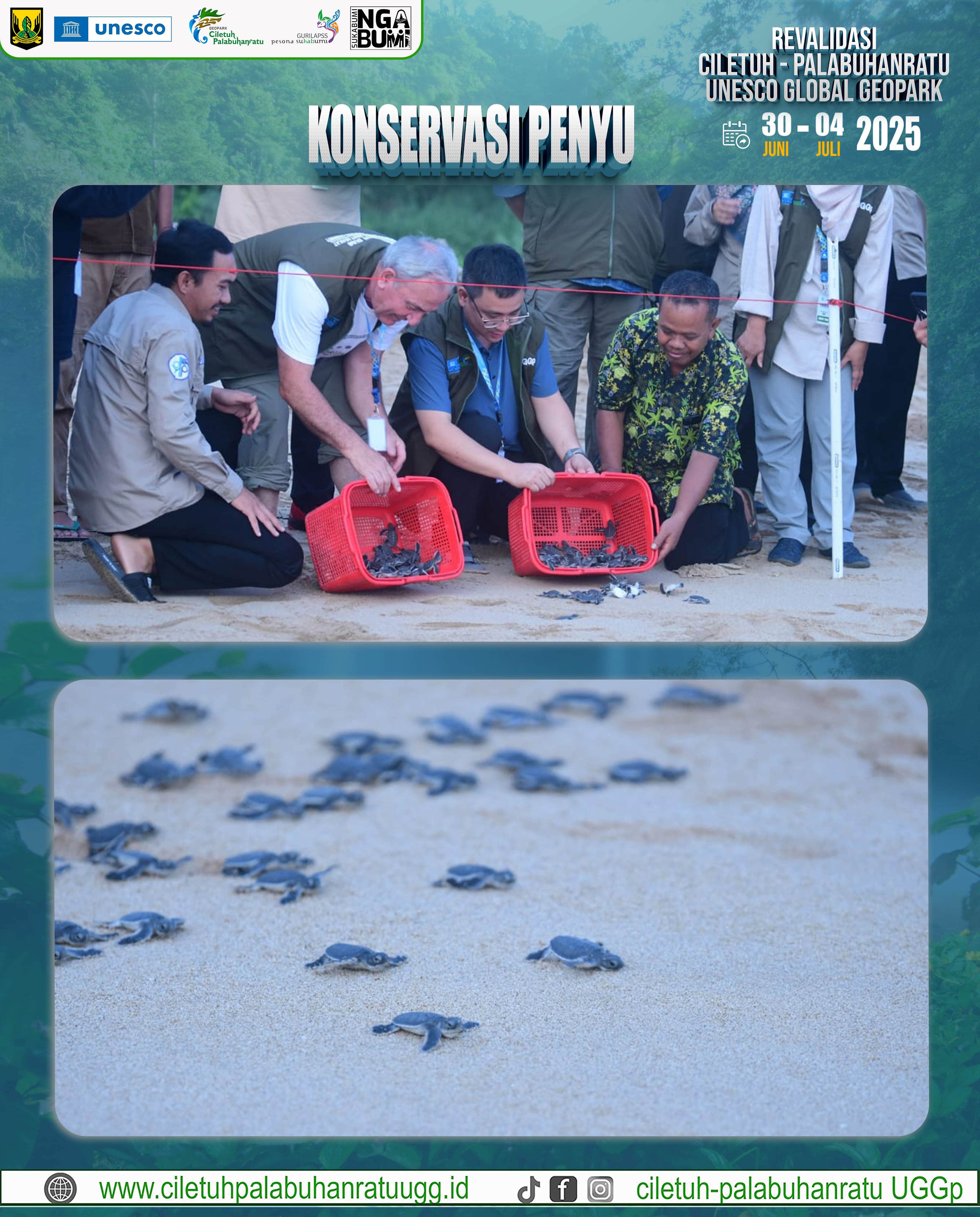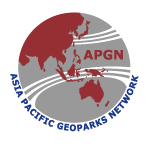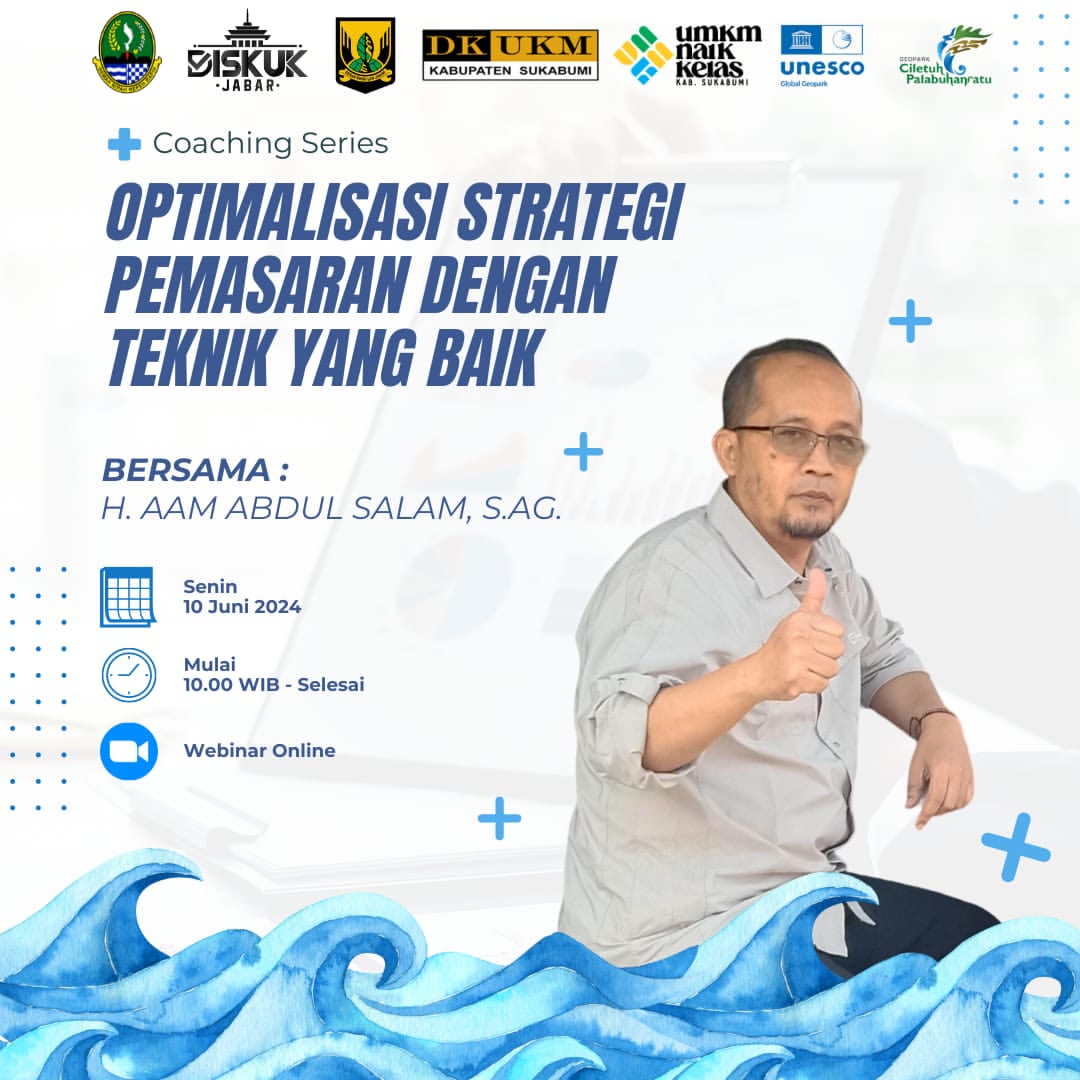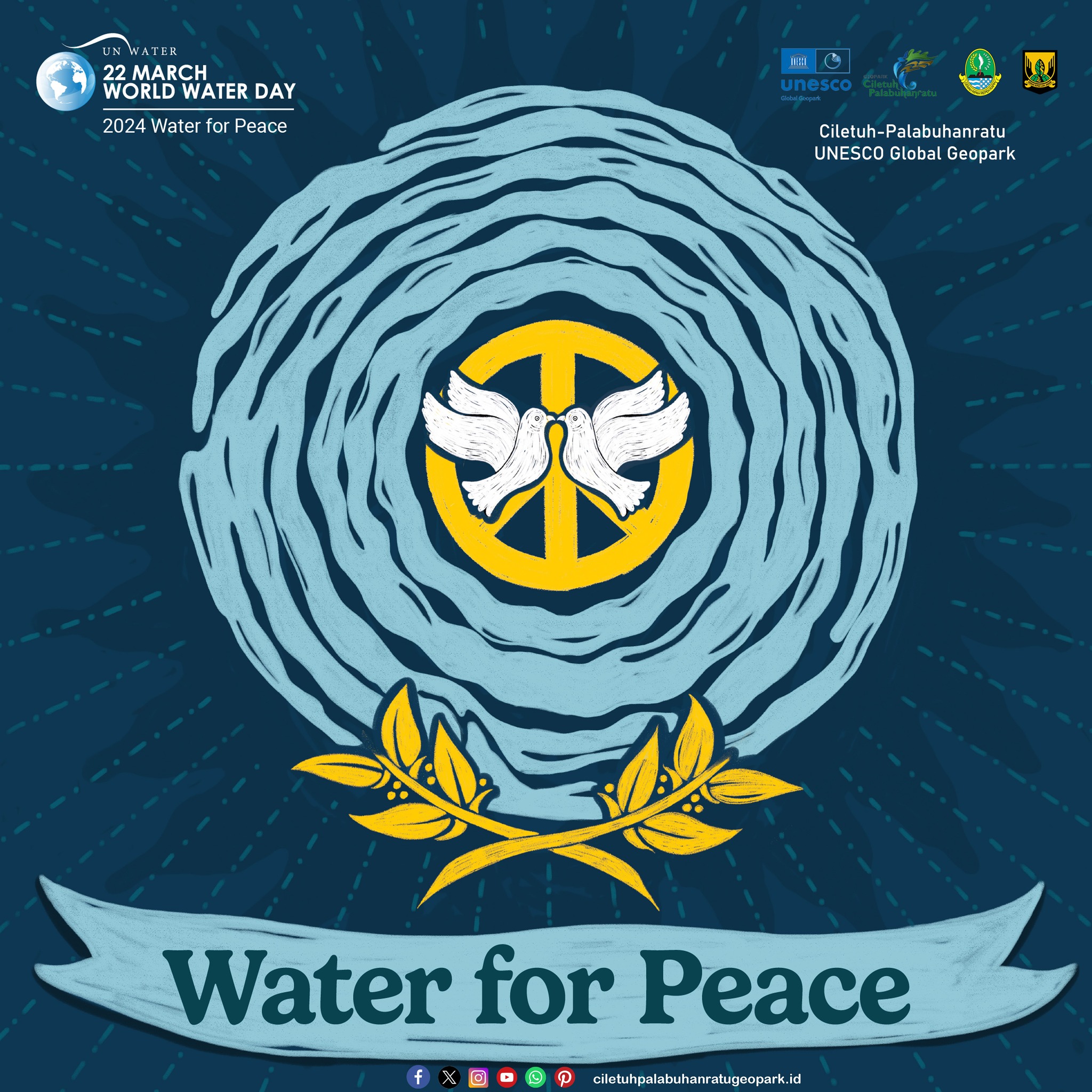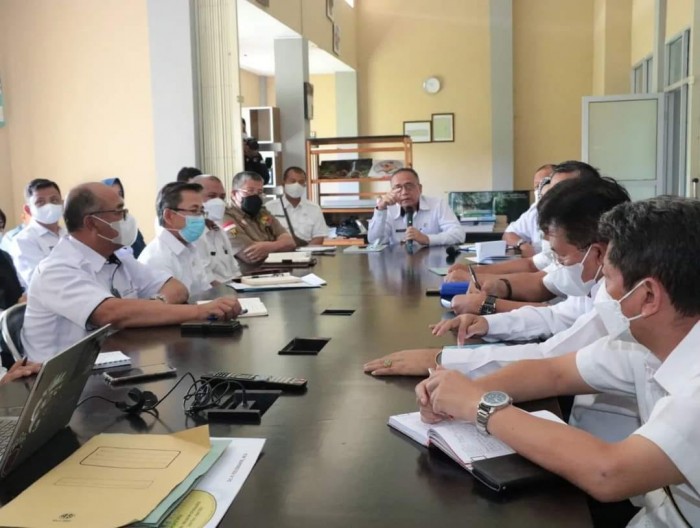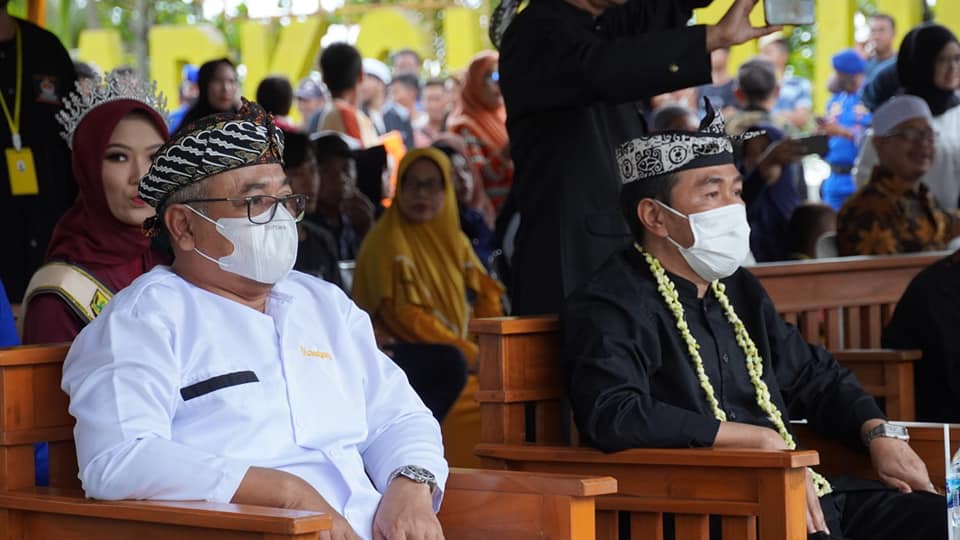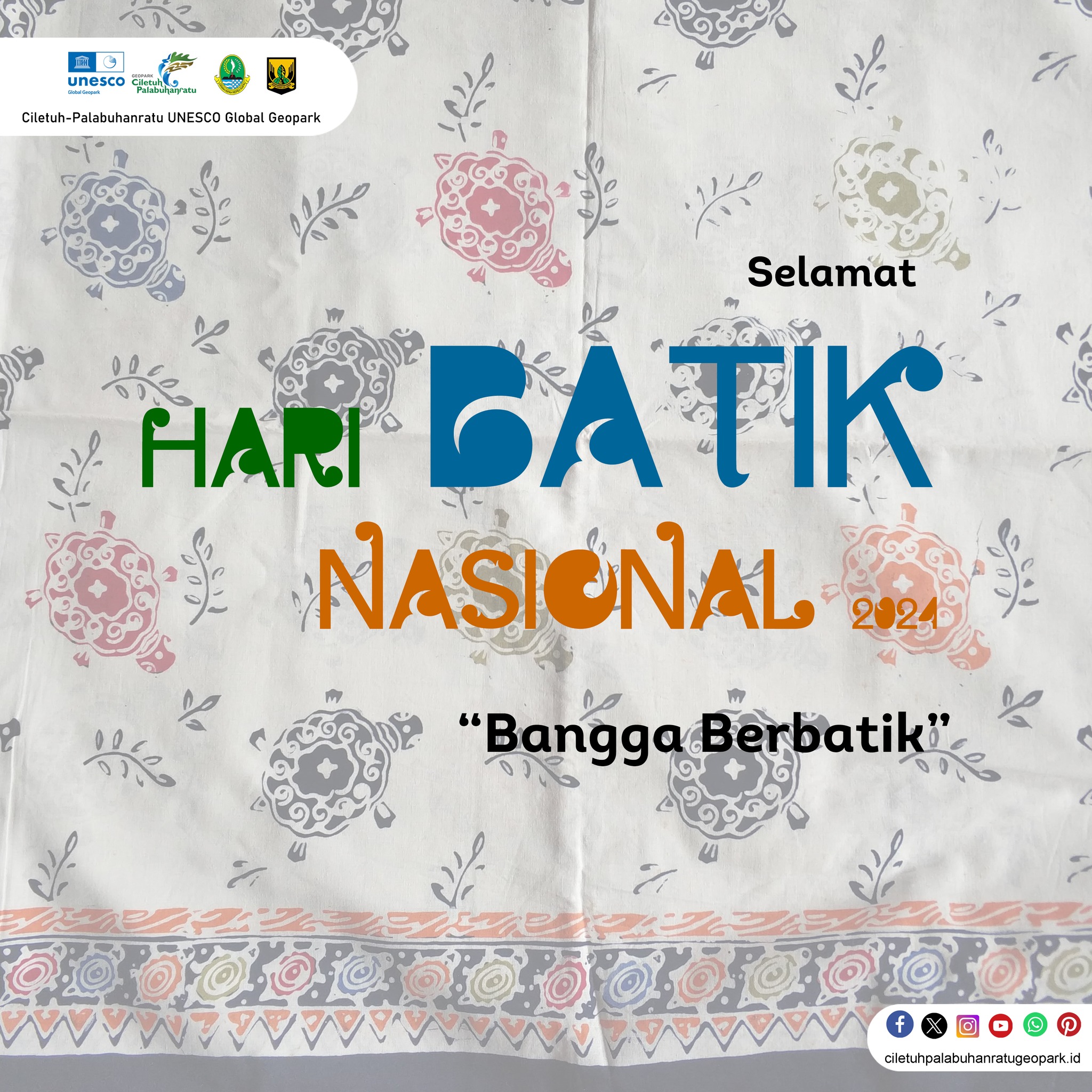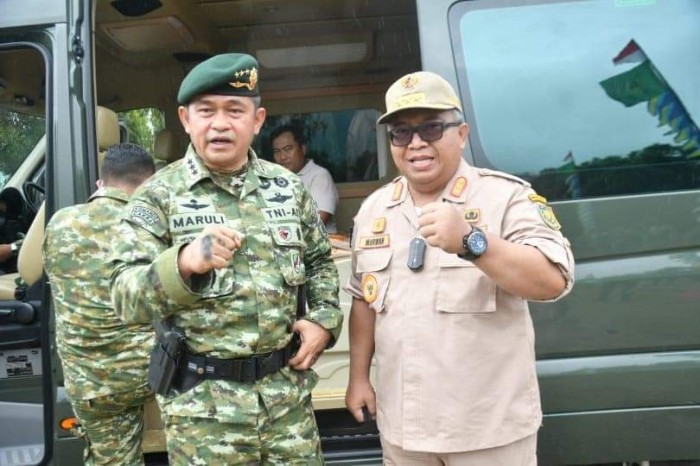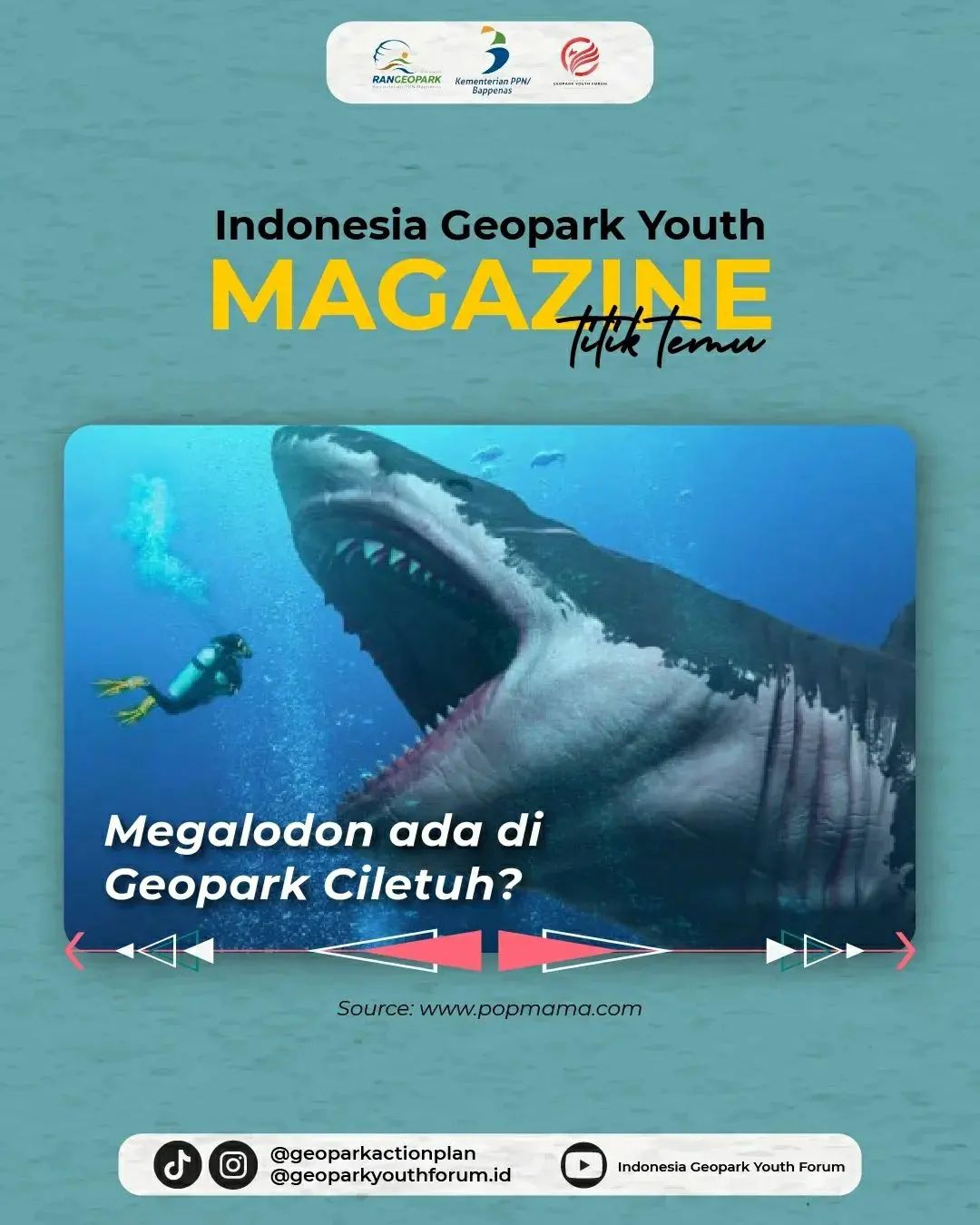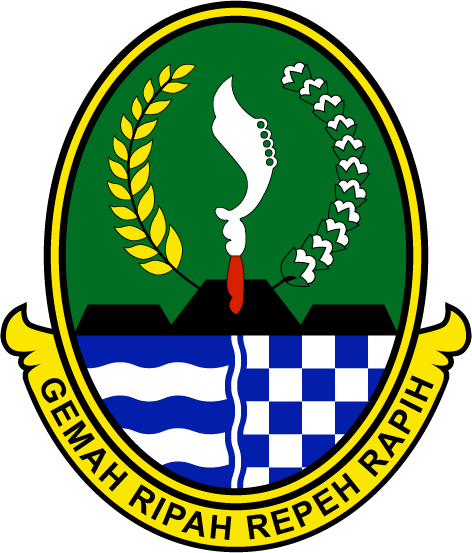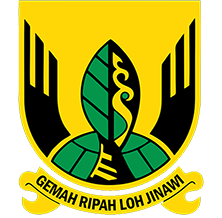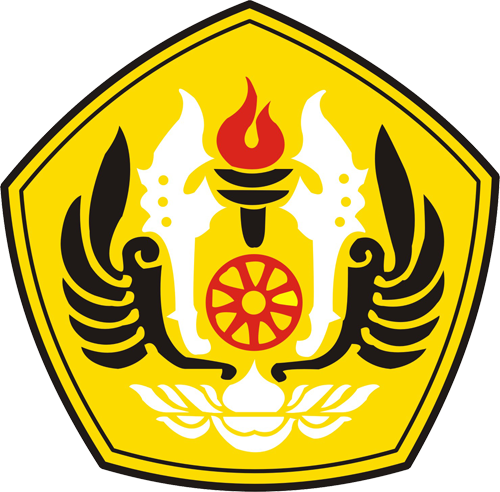Sukabumi, July 1, 2025 - The revalidation process for the Ciletuh-Palabuhanratu UNESCO Global Geopark (CPUGGp) entered a crucial phase when UNESCO assessors, Bojan Rezun (Slovenia) and Zhang Chenggong (China), visited one of the region's most valuable conservation sites: the Turtle Conservation Center on the southern coast of Sukabumi. The activity was directly accompanied by conservation managers, local community volunteers, and the Head of the Sukabumi Regency Tourism Office, Sendi Apriadi, S.STP., M.Si. At the site, the assessors witnessed firsthand the process of hatching turtle eggs, releasing hatchlings into the sea, and providing environmental education to visitors and students.
"This is extraordinary. The efforts of the local community and government in protecting turtle habitat are a concrete manifestation of the geopark principles: conservation, education, and empowerment," praised Zhang Chenggong.
Bojan Rezun also appreciated how turtle conservation is not just an ecological program but has evolved into an educational tourist attraction. "This isn't just about preserving species, but also teaching tourists to love nature," he added.
For the Tourism Office, turtle conservation is an integral part of the strategy to build sustainable, values-based tourism. The Head of the Tourism Office, Sendi Apriadi, stated that turtle conservation strengthens CPUGGp's character as a destination that combines natural beauty, scientific value, and ecological awareness. "Our tourism shouldn't just be entertaining, but also educational. Turtle conservation is a symbol of our commitment to preserving biodiversity as part of the geopark's identity," said Sendi.
He emphasized that this educational tourism approach can shape a generation of tourists who are more environmentally conscious and responsible. "We are proud that this conservation effort arose from local awareness and is now receiving global attention," he continued.
A visit to this conservation site adds to the long list of added value for CPUGGp during the revalidation process. In addition to its geological and cultural excellence, this area demonstrates a real commitment to preserving the marine environment and endangered species. Optimism in this revalidation process is not solely aimed at maintaining UNESCO status, but rather as a means of re-grounding the concept of redefining a more sustainable ecosystem, while also actualizing community empowerment toward a more prosperous, independent, and sustainable lifestyle through tourism integrated with local and ecological values.
Author: Ilham M Saputra.
